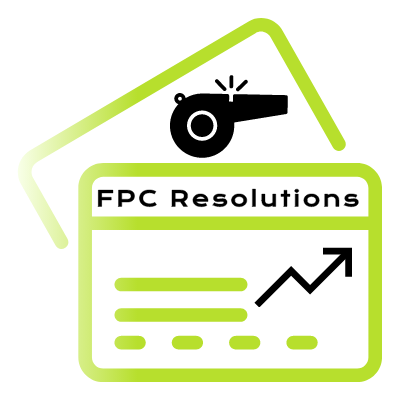Financial Fact Friday: Unlocking the Secrets of Blockchain
Unlocking the Secrets of Blockchain
- Supply Chain Management: Imagine you’re buying organic coffee beans from a store. With blockchain, you can trace the journey of those beans from the coffee farm to your cup. Each step of the supply chain, including the farm, processing, packaging, and shipping, is recorded on the blockchain. This transparency ensures the authenticity of the product and verifies that it’s truly organic.
- Healthcare: Blockchain can revolutionize healthcare by securely storing and sharing patient records. Patients can have control over their medical data and grant access to doctors, reducing errors and ensuring that their information is up-to-date and accurate. This can enhance patient care and streamline administrative processes.
- Voting Systems: In elections, blockchain can provide a secure and transparent way for people to vote remotely. Each vote is recorded as a transaction on the blockchain, ensuring that it’s counted accurately and cannot be tampered with. This can potentially increase voter turnout and trust in the electoral process.
- Real Estate: When buying a property, blockchain can simplify the complex process of title deeds and ownership transfers. Property records are securely stored on the blockchain, reducing the risk of fraud and ensuring a transparent history of ownership. This can make real estate transactions more efficient and trustworthy.
- Cross-Border Payments: Sending money across borders can be expensive and slow with traditional banking systems. Cryptocurrencies built on blockchain technology, like Ripple’s XRP, enable near-instant cross-border transactions with lower fees. This benefits individuals and businesses conducting international transactions.
- Intellectual Property: Artists, writers, and content creators can use blockchain to prove ownership of their work. By registering their creations on a blockchain, they can establish a timestamped and tamper-proof record of their intellectual property rights, helping protect their work from infringement.
These practical examples showcase how blockchain technology is not limited to cryptocurrencies but has the potential to transform a wide range of industries by providing transparency, security, and efficiency in various processes. It’s a testament to the versatility and disruptive potential of blockchain in our modern world.
